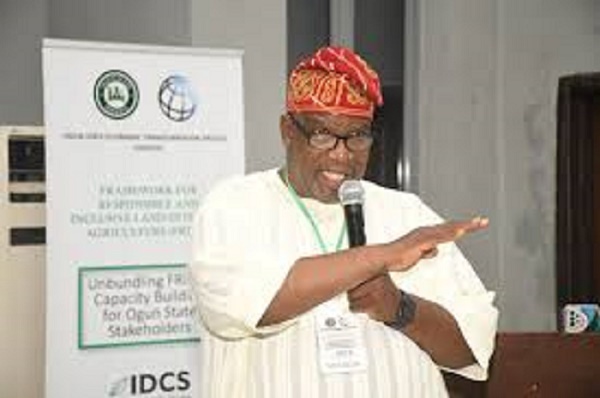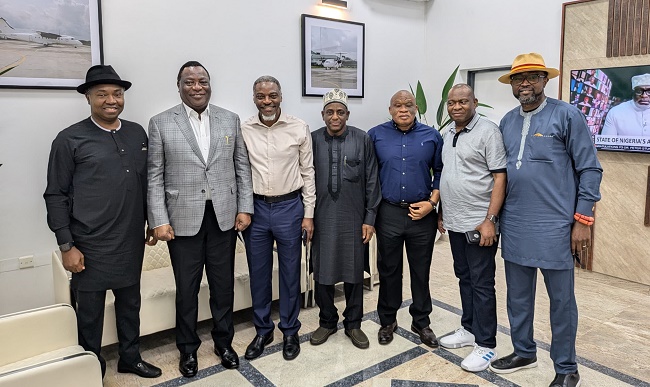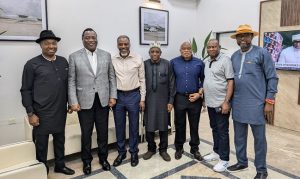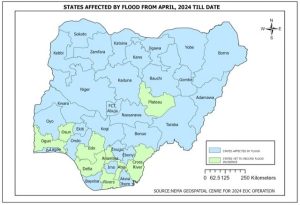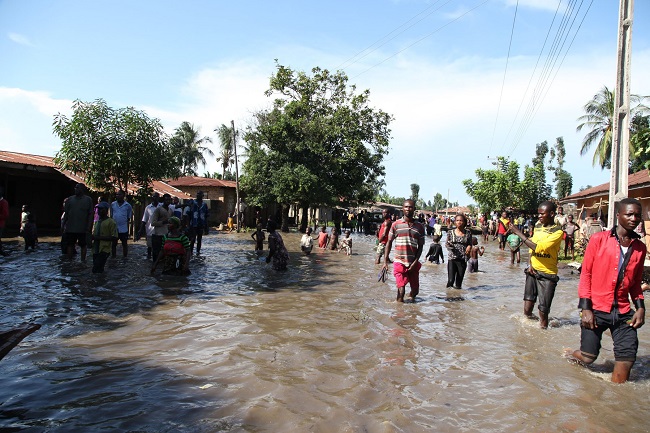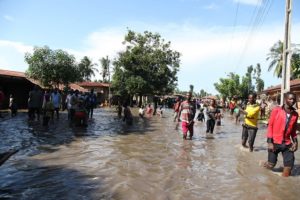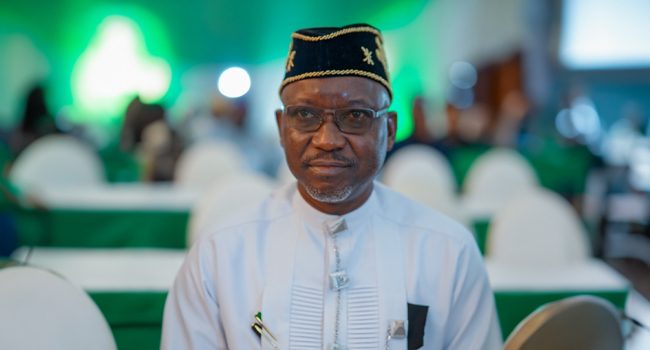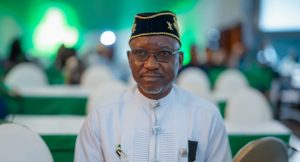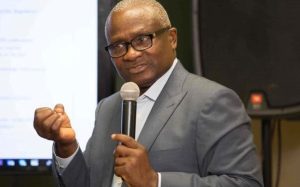Some farmers in Gombe State have expressed fears of a poor harvest amidst the historic insufficient rainfall being witnessed in the state.

An investigation carried out in the state on Friday, August 16, 2024, revealed that some farmers are worried as the time for harvesting crops approaches.
Others have turned to alternative means of supplying water on their farmland to augment the low rainfall.
Mr Banyula Hala, the chairman of the All Farmers Association of Nigeria (AFAN), Gombe State, said the insufficient rainfall, which he attributed to the effects of climate change, had impacted negatively on farming activities in the state.
Hala said rainfall was from God, and there was nothing anyone could do but look for a way around it.
According to him, the issue of low rainfall is a challenge to farmers, and it will affect the food security efforts of the government in this year’s cropping season.
“In some of the farms in the state, the rice that was planted has dried up, whilst in waterlogged areas, the crop did fine.
“But generally, there will be a challenge this season because, for the past decade, we have not really witnessed this kind of rainfall,” he said.
The AFAN chairman said the situation would affect the income of farmers, given the high cost of inputs and the insufficient rainfall.
According to him, the negative impact of climate change on agriculture will continue for a long time, hence the need for government and stakeholders’ intervention to ensure food security.
“The Federal and Gombe State governments must intervene through massive investment in dry season farming to augment what climate change is depriving farmers.
“All the dams in the state should be resuscitated so that farmers can harness the potential in irrigation farming, which remains the only way out,” he said.
For Alhaji Musa Arab, a multi-grain farmer in Gombe, the impact of climate change had become a serious threat to food security, sustainable agriculture, and poverty reduction among farmers.
Arab said this year’s rainfall situation was such that had never been witnessed by farmers in the state, and “this will definitely affect food availability and incomes of farmers.”
He said he had studied the impact of climate change on agriculture and that made him switch to irrigation farming.
“So, I will not be affected by the insufficient rainfall because my crops get alternative sources of water.
“For the past two years, I have not been depending on rain-fed agriculture; during the wet season, I only cultivate drought-resistant crops and do not require a high amount of water to survive.”
He said the only solution to the losses being incurred by farmers in Gombe as a result of low or insufficient rainfall could be remedied through irrigation and mechanised farming.
He commended the effort of the federal government to mechanise farming through the procurement of tractors and farm implements.
Arab called on residents to take action against climate change by planting trees and not cutting down existing ones, noting that whatever affected the environment would definitely impact heavily on farming activities.
Mr Daniel Mofunanya, a farmer in Nasarawo community, said the rainfall for this cropping season was “grossly inadequate” for even crops that required average rainfall.
Mofunanya said since 1991, when he had been engaging in farming activities, he had never witnessed such low rainfall, which he said would affect productivity during harvest.
“Most farmers in the state usually cultivate twice before the end of the wet season, but now the first crops we cultivated, which were cultivated late in July, didn’t receive enough rainwater.
“This is worrying, and many farmers are already apprehensive because, in some farms, crops have turned yellow and are dying off; that’s people’s livelihoods at stake,” he said.
Others who spoke expressed similar concerns and called for more investment in irrigation farming to avert a major food crisis in the state and country.
By Peter Uwumarogie




